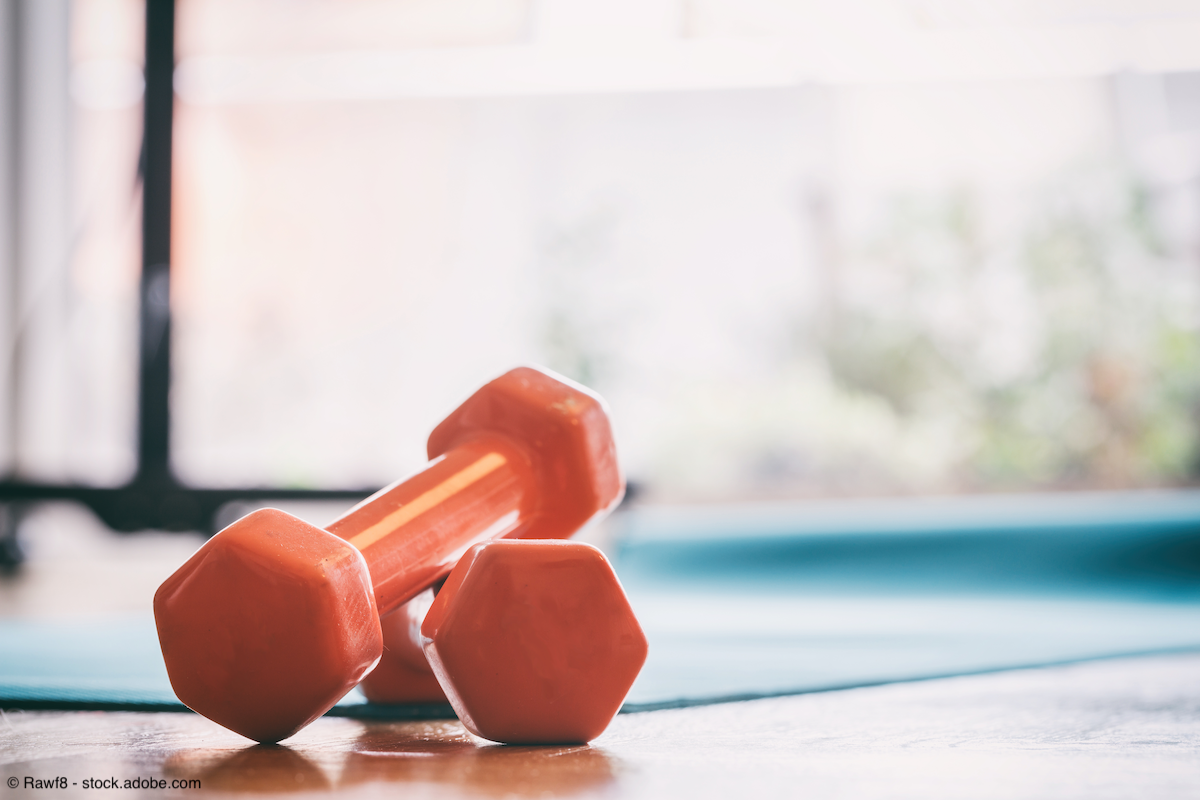Exercise interventions improve sexual dysfunction caused by prostate cancer treatments
“Our study shows that these patients can immediately benefit from supervised exercise interventions to improve their sexual health and that exercise should be considered as an integral part of treatment for prostate cancer,” says Daniel Galvao, PhD.
Partaking in resistance and aerobic exercise was found to improve erectile function and intercourse satisfaction among men receiving treatment for prostate cancer, according to findings from an Australian study (ACTRN12613001179729) that will be presented at the 2023 American Society of Clinical Oncology Breakthrough Meeting in Yokohama, Japan.1,2
Erectile function improved by 5.1 points among patients in the exercise arms, compared with only 1.0 point among patients who received standard care.

“Sexual dysfunction is a common, distressing, and persistent [adverse] effect of prostate cancer treatment. Nearly half of patients with prostate cancer report having unmet sexual health care needs, highlighting the lack of current health care services to adequately address the demand for management of sexual dysfunction after prostate cancer treatment,” said lead author Daniel Galvao, PhD, in a news release on the findings.2
“Our study shows that these patients can immediately benefit from supervised exercise interventions to improve their sexual health and that exercise should be considered as an integral part of treatment for prostate cancer,” added Galvao, who is a professor of exercise science and co-director of the Exercise Medicine Research Institute at Edith Cowan University in Perth, Australia.
In total, 112 patients were enrolled in the study between 2014 and 2018. Patients were randomly assigned to 6 months of supervised, group-based combination resistance and aerobic exercise alone (n = 39); the same exercise plus the addition of psychosexual therapy (n = 36); or standard care (n = 37).
Participants in the exercise arms participated in the intervention 3 days per week at university-affiliated exercise clinics. Participants who underwent psychosexual therapy took part in a self-management intervention to address psychological and sexual wellbeing.
The primary outcome of the study was sexual health, as measured with the International Index of Erectile Function, which assesses a person’s sexual ability and their satisfaction with sexual activity. Secondary outcome measures included body composition, physical function, and muscle strength.
Data showed that erectile function improved by 5.1 points among patients in the exercise arms, compared with only 1.0 point among patients who received standard care (P = .010). Similarly, intercourse satisfaction improved by 2.2 points among patients in the exercise arms, compared with only 0.2 points among patients who received standard care (P = .026).
“Exercise has previously been shown to improve some [adverse] effects of prostate cancer treatment. This data extends the benefits of exercise for patients with prostate cancer to also include sexual dysfunction, furthering the importance of physical activity for these patients,” said Peter Paul Yu, MD, FACP, FASCO, in the news release.2 Yu is a medical oncologist at Hartford HealthCare Cancer Institute in Hartford, Connecticut.
In regard to secondary measures, exercise prevented an increase in fat mass compared with standard care (P = .028), as well as improved physical function outcomes and upper and lower body muscle strength.
The addition of self-managed psychosexual therapy did not result in any added improvements.
The authors indicated that further research is needed to assess long-term outcomes associated with exercise.
References
1. Galvao DA, Chambers SK, Taaffe DR, et al. Effects of supervised exercise and self-managed psychosexual therapy on sexual health in men with prostate cancer: A randomized clinical trial. J Clin Oncol. (suppl 1; abstr 71). doi:10.1200/GO.2023.9.Supplement_1.71
2. Exercise may improve sexual dysfunction caused by prostate cancer treatment, according to new study in Australia. News release. American Society of Clinical Oncology. July 31, 2023. Published August 2, 2023. https://old-prod.asco.org/about-asco/press-center/news-releases/exercise-may-improve-sexual-dysfunction-caused-prostate-cancer
Study suggests broader use of anastrozole for male infertility
September 28th 2023If replicated with further study, the finding potentially expands noninvasive fertility treatment options and may minimize the need for expensive reproductive technology, according to lead author Scott D. Lundy, MD, PhD, of Cleveland Clinic’s Department of Urology.
